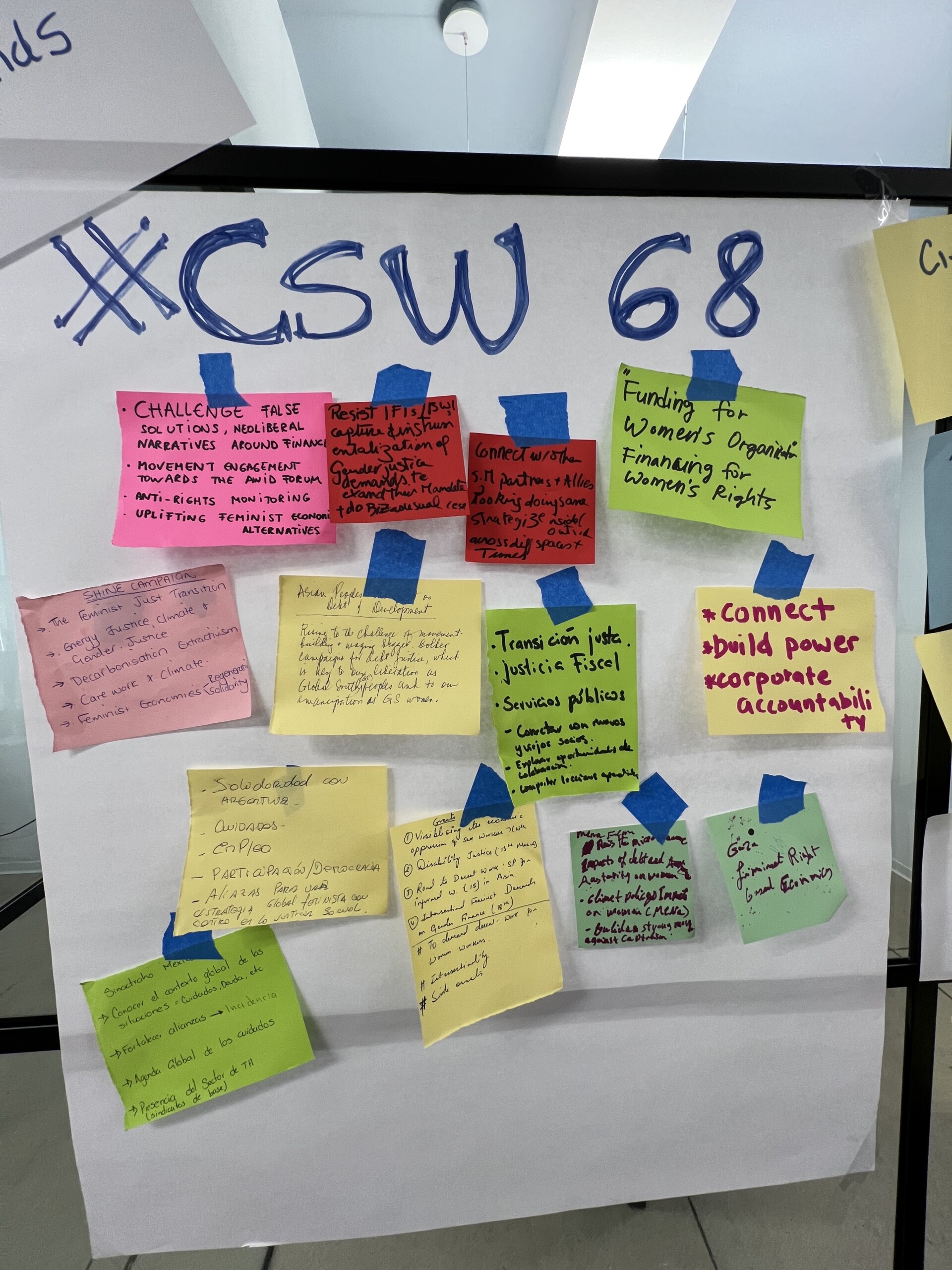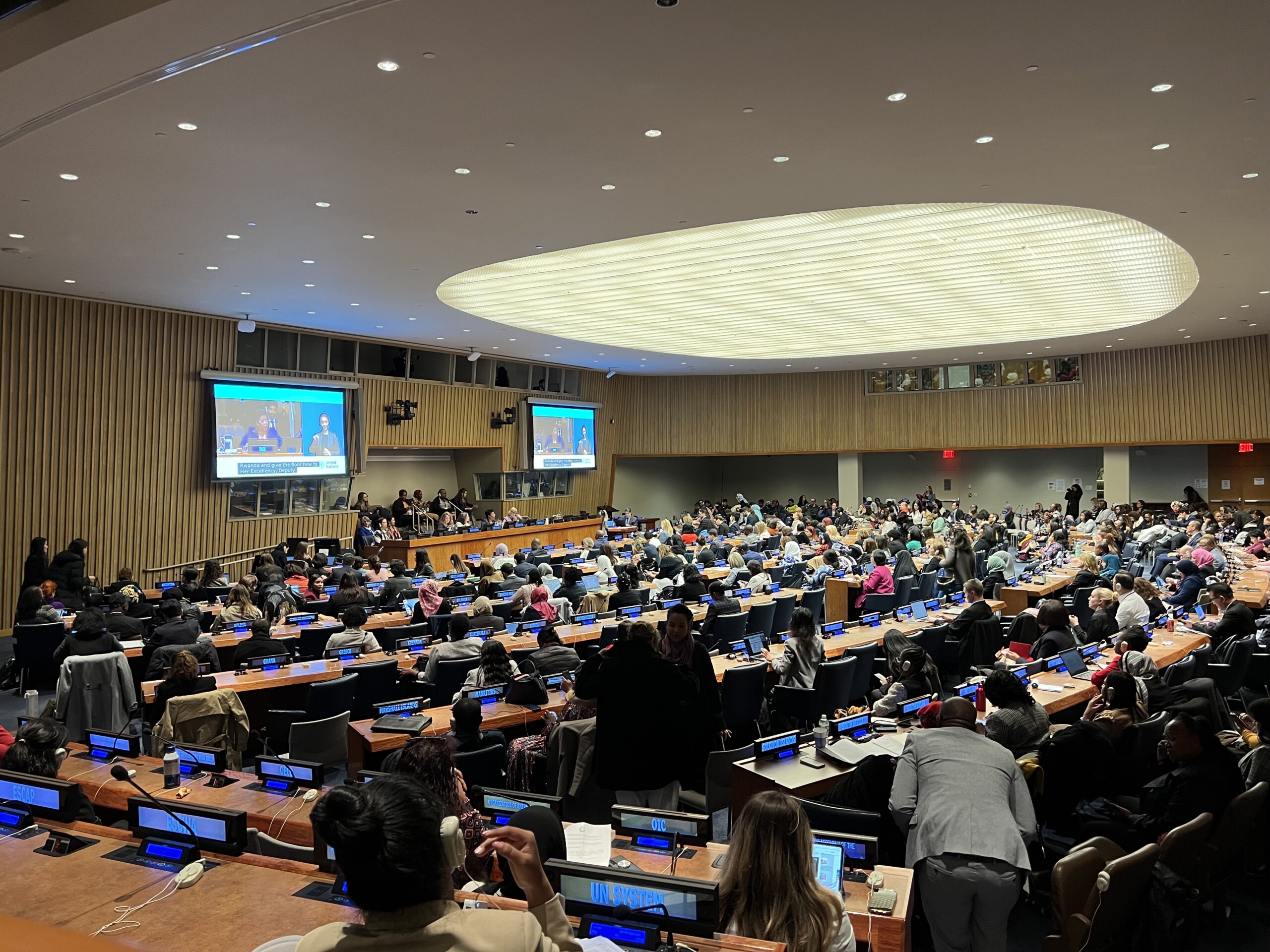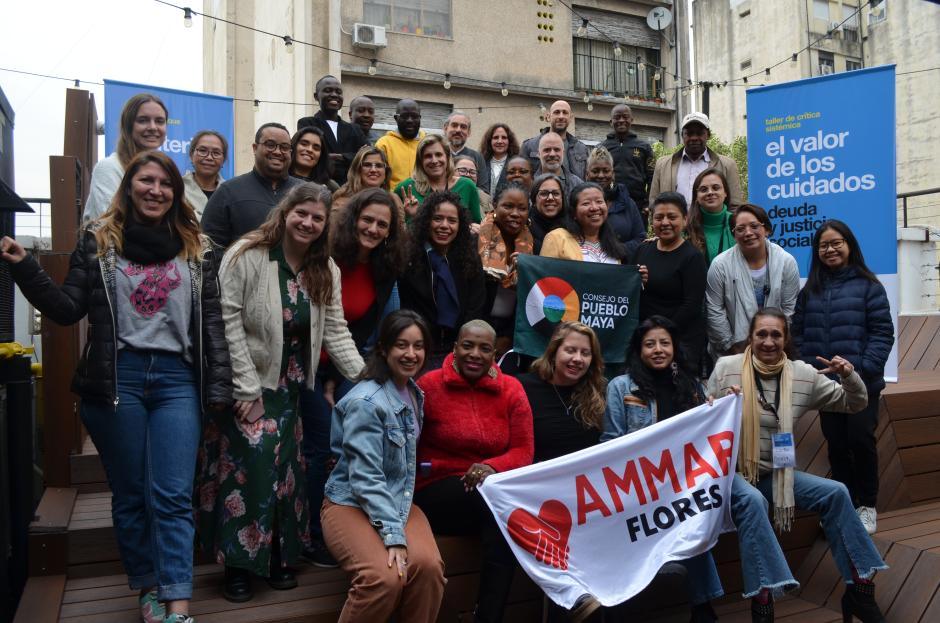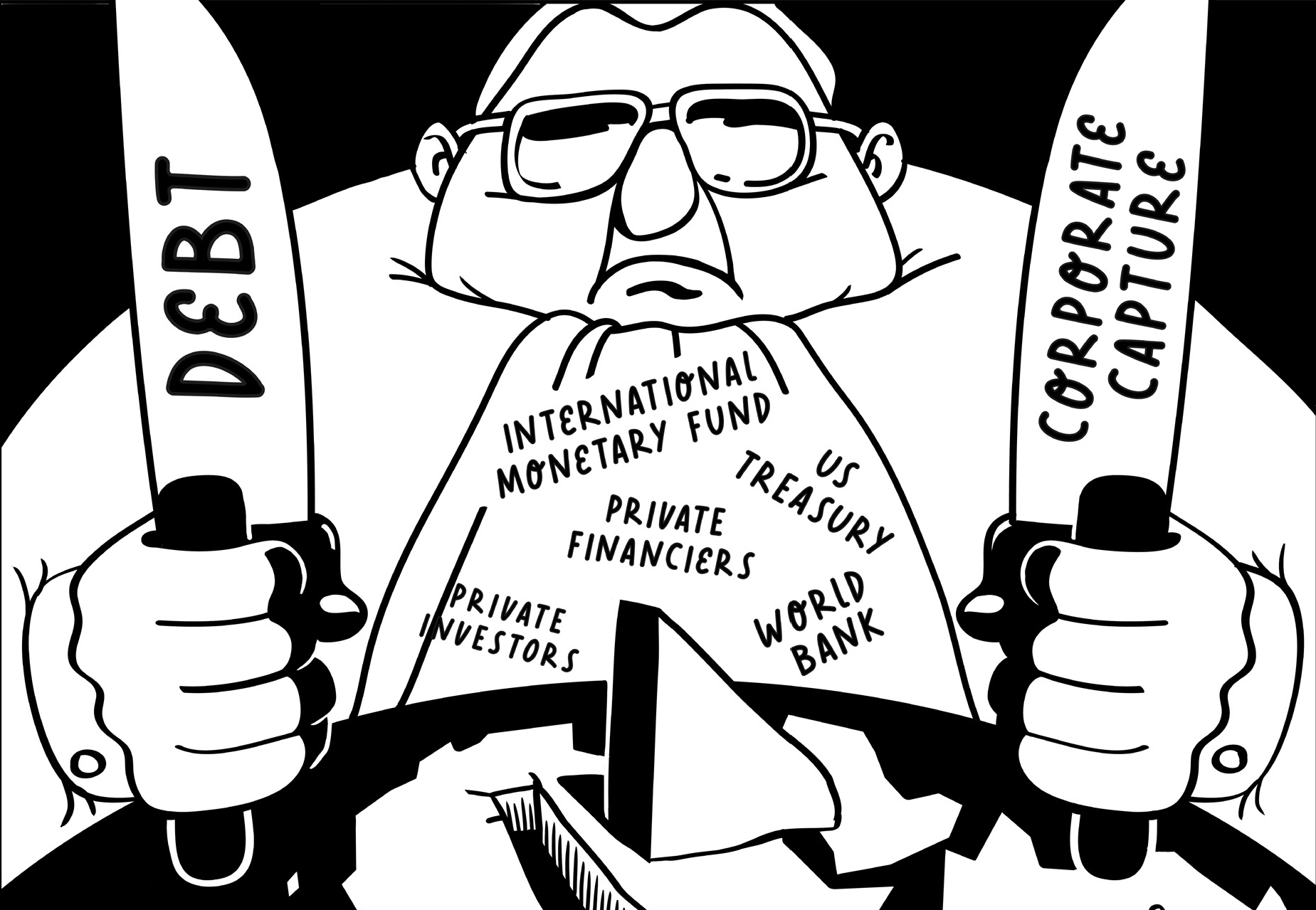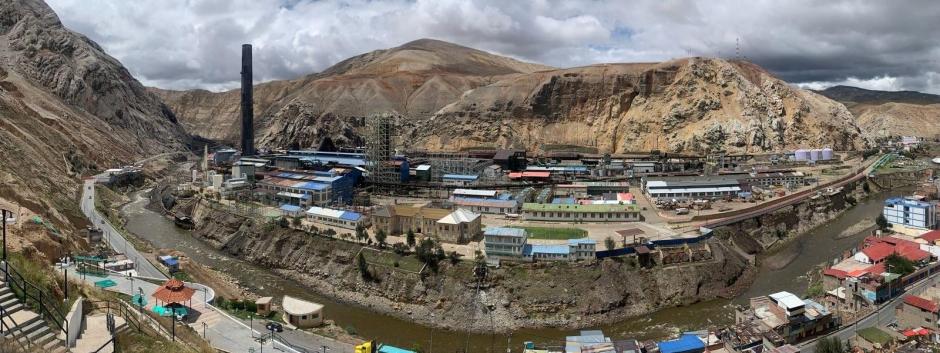A Call to Center Care and Advance Debt Justice
Conversations on women’s economic justice need to recognize and advance the right to care. The Commission debates and conclusions are important mechanisms to push the ESCR-Net framework of the 6Rs that values and redistributes care work and ensures the representation and recognition of caregivers, the majority of whom are women. As Maria de la Luz Padua SINACTRAHO (Mexico) affirms,”We urge governments to advance transformative care policies that address the structural injustices underlying the undervaluation of paid and unpaid care work and to develop comprehensive care systems that redistribute time, unequal power relations, and resources.”
In this sense, on March 11, we co-hosted with several other organizations an event on Rebuilding the Social Organisation of Care: A Key to Dismantling Womxn’s Poverty. The event discussed the critical role of decent work for care workers and the public responsibility of States in the financing, regulating, and providing care public services and systems. Mela Chiponda, from the Shine Campaign (Zimbabwe) “We came to challenge the narrow belief that women’s economic empowerment amounts essentially to women’s entrepreneurship and we claim that in order to truly address women’s poverty, there is a need to call for the cancellation of all unsustainable and illegitimate debt and urge for the establishment of fair debt resolutions and mechanisms.”
Prioritization of tax reform also resonates in the debates. As Mahinour ElBadrawi from CESR pointed out, “proposals for progressive tax reforms are not only essential to have the political and economic ability to advance economies that put equity, solidarity and human rights at the center but also key pillars for the liberation of global south peoples and to the emancipation as global south women. CSW 68 becomes a key space to bring these calls and movements from different realities and constituencies.”
The power lies in the opportunity to create synergies across debt, care and climate justice advocates. As Mae Buenaventura from APMDD commented, “We came to join forces with movements and networks to dismantle systemic ills, foremost among them, a financial and economic system that maintains the Global South’s enslavement to servicing illegitimate debts. It rang clear in many sessions that the call for debt cancellation is very much alive and well in feminist agendas everywhere, and that breaking the chains of debt is a key fight we will not shirk from, to fulfill our rights and move us closer to our emancipation”.
Our reactions to the agreed conclusions:
In line with members’ analysis and reflections, we welcome some of the advances made in the language of the agreed conclusions adopted on March 22, 2024. In particular:
- CSW 68 calls for tax cooperation and reforms to enable countries to mobilize and invest resources in gender equality with a focus on: taxing those with the highest ability to pay, including via wealth and corporate taxes; preventing regressive taxation that disproportionately impacts women with low or no incomes; and ensuring that public resources are allocated to address the needs and rights of women and girls.
- CSW made some, albeit weak, advancements on the issue of debt. The agreed conclusions stress the need to improve international debt mechanisms to support debt review, payment suspensions, and restructuring. The text also recognizes the important role, though on a case-by-case basis, of debt relief, including debt cancellation, as appropriate, and debt restructuring as debt crisis prevention, management, and resolution tools, and as measures that can enhance fiscal space for investments for all women and girls living in poverty. However, as Mae Buenaventura appoints “the results are weak and insufficient in a context of countries withdrawing from their mandates of providing public services due to prioritization of debt service and the rollback in violence against women and care provisions and the persistent lack of protection of territories and the planet with low budget to address climate crisis”
- In relation to the right to care and employment, The Commission stresses that Member States, who bear the main responsibility for social integration and social inclusion, should strengthen care and support systems, including the care economy. This entails ensuring access to basic social services, care, and support they need, based on the principles of equality and non-discrimination, including through gender-responsive poverty eradication measures, labor policies, public services, and social protection programs, promoting the rights and well-being of all women and girls. Also calling to adopt new development strategies towards sustainable economies. These include strengthening inclusive and gender-responsive social protection systems and scaling up investment in the care economy to reduce women’s time and income poverty and expand their employment opportunities. We recognize the improvement in the call for the implementation of gender-responsive economic and social policies, including increased women’s representation, leadership, and participation in economic institutions, enforcing core labor standards to ensure equal pay for work of equal value, and implementing policies to support women-owned businesses.
- With regards to climate justice the language is insufficient. Climate change pushes millions of women into poverty and hunger every year. CSW 68 agreed conclusions are still weak in marking progress toward a regenerative economy that ensures care and substantive equality, prioritizing human rights and sustainability. Members from APWLD said, “This is a missed opportunity to stress that establishing a Loss and Damage Fund grounded on human rights is urgent. The agreed conclusions also fall short of calling on Global North Developed countries and businesses to cease committing human rights violations in mitigation and adaptation projects and ensure the continuation of fair contributions to all developing countries at the necessary scale and based on the principle of Common But Differentiated Responsibilities and Respective Capabilities”.
- Importantly, the Commission has urged all States and specialized agencies and organizations of the United Nations system to continue to support mechanisms that provide emergency assistance and vital services to women and girls living in situations of armed conflict, including those subject to acts that may amount to war crimes, crimes against humanity and genocide; alleviate the extreme poverty and the dire socioeconomic and humanitarian situation; ensure the safety and well-being of civilian populations, particularly women and girls, who lack access to basic services and work towards eliminating the root causes of such poverty. This became most relevant in the context of the withdrawal of UNRWA funding that is central to supporting the relief and human development of Palestinian refugees.




